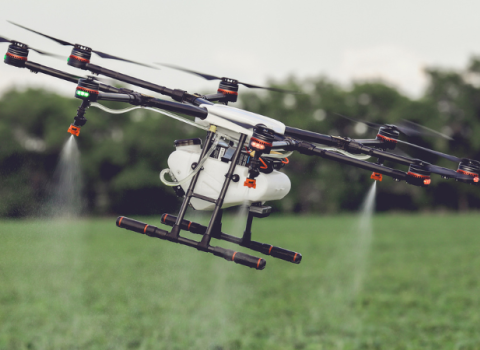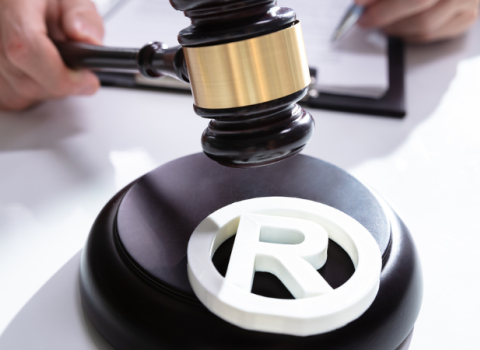The most sweeping reform of its patent system for a generation will see the US adopt the ‘first-inventor-to-file’ rule, which applies in Europe.
Until now, any dispute about the ownership of a patent was decided in favour of the person able to prove that he or she came up with the invention first. This approach has led to costly litigation to establish the dates of the invention.
Now, US law will mirror the position in Europe, with the right of ownership going to the first person to file a patent application. This change will take effect in 18 months’ time.
According to Dave Croston, patent attorney at Withers & Rogers, a UK legal firm specialising in patents and trademarks, the changes will be welcomed by companies seeking patent protection for their inventions in the US and could also mean applications are dealt with more quickly.
“The changes are being phased in over a period of 18 months, so there will still be some uncertainty for a time. However, ultimately it makes sense to bring US patent law closer to legislation that applies in other parts of the world and it is likely to make things much less contentious,” Croston said.
The United States Patent and Trade Mark Office (USPTO) is also taking the opportunity of this overhaul of patent law to make some changes to its fee structure and the way the organisation can use the funds it generates. Croston said these changes should help it tackle the massive backlog of pending US patent applications, which currently stands at over 600,000.
The incoming legislation also brings in stricter rules relating to ‘prior disclosure’, with USPTO adopting an ‘absolute novelty’ rule. This means that prior disclosure anywhere in the world, not just in the US, may now be used to challenge a US patent. This rule already applies in most other jurisdictions. The grace period that has traditionally applied to disclosures made in the 12 months prior to filing a US patent application is also being removed, unless it can be proved that the disclosure was made by the named inventor.
In another change that brings the US more into line with the Europe, third parties will be able to object to a US patent for up to nine months after it has been granted, which is similar to European Patent Office (EPO) opposition proceedings.





 A unique international forum for public research organisations and companies to connect their external engagement with strategic interests around their R&D system.
A unique international forum for public research organisations and companies to connect their external engagement with strategic interests around their R&D system.